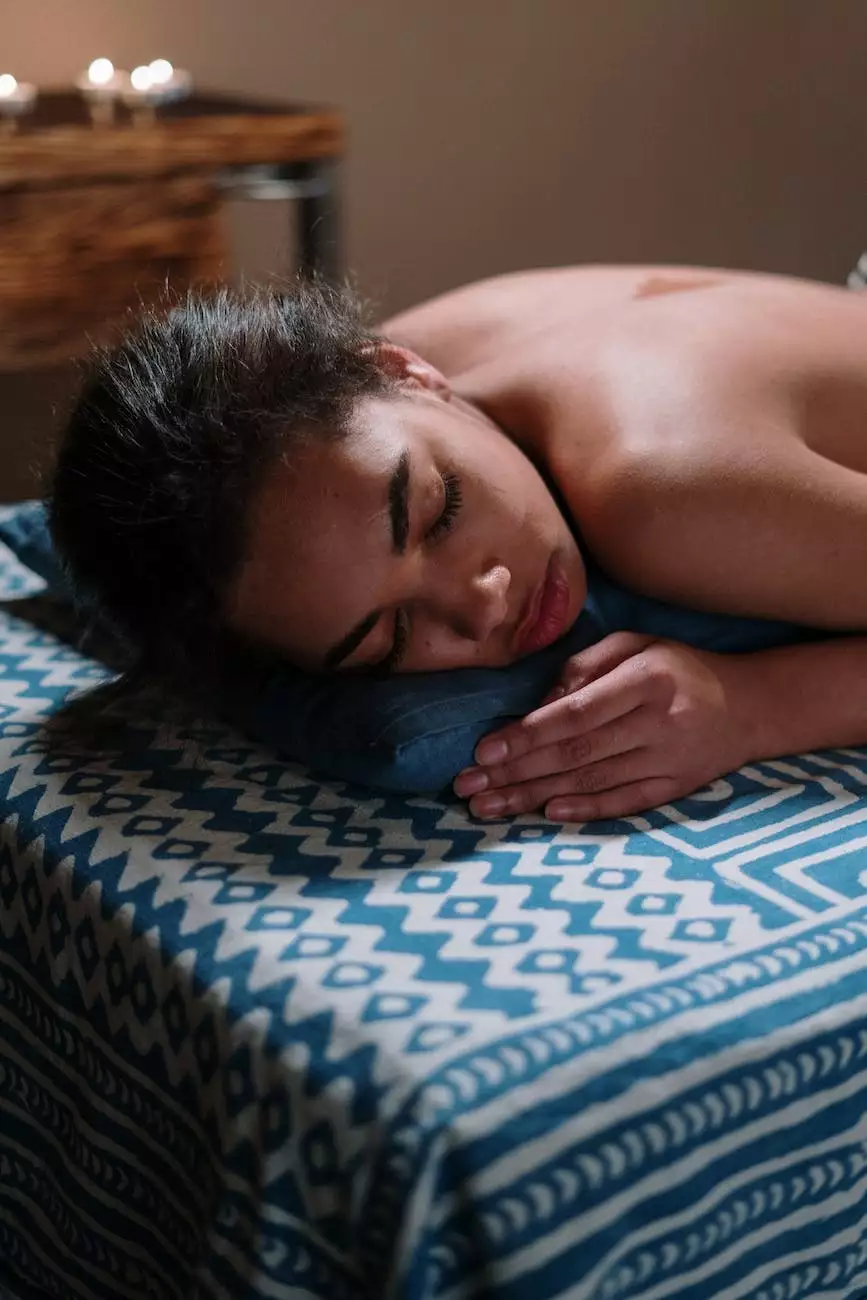Can LLLT Help Hair Transplant Success? - Smith, Arthur F, MD

Welcome to Smith, Arthur F, MD's comprehensive guide on the potential benefits of Low-Level Laser Therapy (LLLT) in achieving successful hair transplant outcomes. In this detailed article, we will explore the role of LLLT in enhancing hair restoration procedures, its benefits, and important considerations to keep in mind.
Understanding Hair Loss and Transplant Procedures
Before delving into the potential of LLLT, it is important to understand hair loss and the role of hair transplant procedures. Hair loss affects millions of people, causing visible changes in hair thickness and density. Hair transplant procedures offer hope for individuals seeking to restore their natural hairline and regain confidence.
A hair transplant surgery involves transferring hair follicles from the donor area (usually the back or sides of the head) to the recipient area, where the hair is thinning or completely absent. This process requires careful precision and expertise to achieve natural-looking results.
The Role of LLLT in Hair Transplant Success
LLLT, also known as photobiomodulation therapy, is a non-invasive treatment that utilizes low-level lasers or light-emitting diodes (LEDs) to stimulate hair growth. Research suggests that LLLT can help enhance the success of hair transplant procedures in several ways:
- Improved Healing: LLLT has been shown to stimulate blood circulation and promote tissue repair, potentially speeding up the healing process after hair transplant surgery. This can contribute to a faster recovery and overall better results.
- Reduced Inflammation: Inflammation is a common concern after hair transplant surgery. LLLT has demonstrated anti-inflammatory effects, which may help minimize post-operative swelling and discomfort, leading to a smoother recovery experience.
- Enhanced Graft Survival: The success of a hair transplant heavily relies on the survival and growth of transplanted hair grafts. LLLT can potentially enhance graft survival rates by promoting a favorable environment for hair follicles to thrive and reducing the risk of graft rejection.
- Stimulated Hair Growth: LLLT can help stimulate dormant hair follicles, encouraging them to enter the active growth phase. By activating hair follicles, LLLT may lead to improved hair density and overall aesthetic outcomes for individuals undergoing hair restoration.
Considerations for Using LLLT in Hair Restoration
While LLLT shows promise in enhancing hair transplant success, it is essential to consider a few factors before incorporating it into your hair restoration journey:
- Consult with a Hair Restoration Specialist: Seeking expert advice from a qualified hair restoration specialist, such as Smith, Arthur F, MD, is crucial. They can assess your individual needs, evaluate the suitability of LLLT for your specific case, and recommend personalized treatment plans.
- Potential Time Commitment: LLLT typically requires consistent and long-term use to yield noticeable results. Discussing the time commitment involved and understanding the treatment timeline is important for setting realistic expectations.
- Combination Approaches: LLLT can be used alongside other hair loss treatments, such as medications or supplements, to maximize results. Your hair restoration specialist can guide you on possible combination approaches tailored to your unique circumstances.
- Monitoring and Maintenance: Regular follow-up appointments are key to monitor progress, make adjustments as needed, and ensure optimal outcomes. Additionally, adopting a healthy lifestyle, including proper hair care and nutrition, can complement the effects of LLLT.
Experience the Potential Benefits of LLLT with Smith, Arthur F, MD
As a renowned hair restoration specialist, Smith, Arthur F, MD possesses extensive expertise in LLLT and its application in hair transplant procedures. With a commitment to personalized care and the latest advancements in hair restoration, Dr. Smith can guide you through a comprehensive consultation and provide tailored solutions based on your unique needs.
If you are considering a hair transplant or exploring the possibilities of LLLT, schedule a consultation with Smith, Arthur F, MD today. Together, we can determine the most suitable approach to help you achieve successful hair transplant results and restore your confidence.




